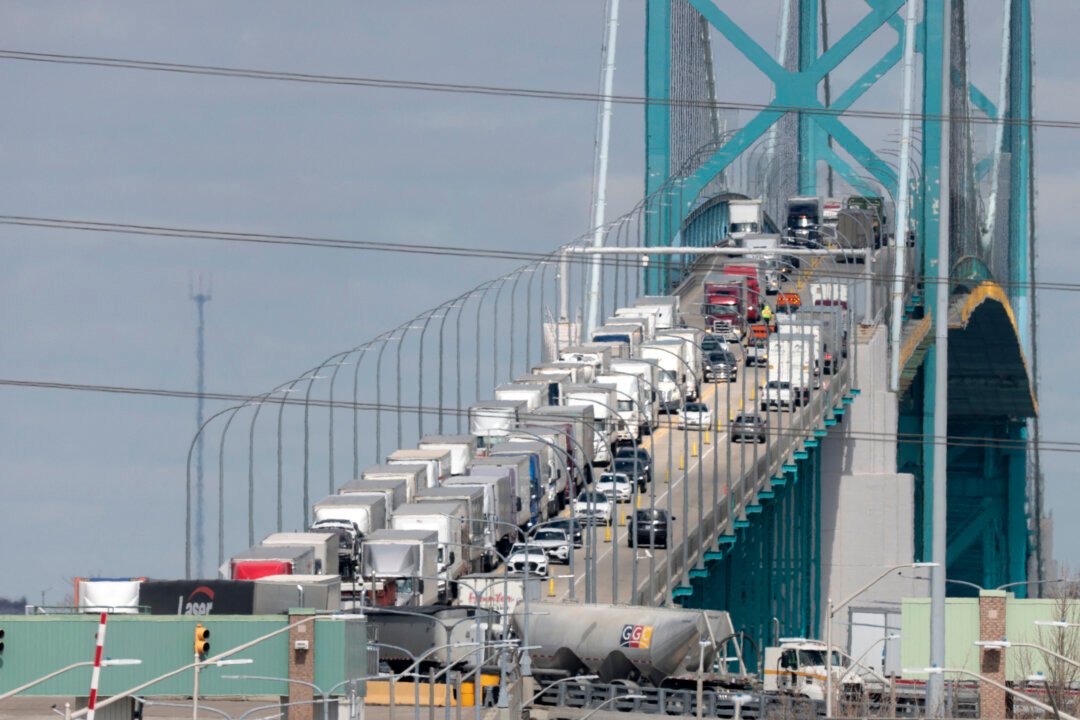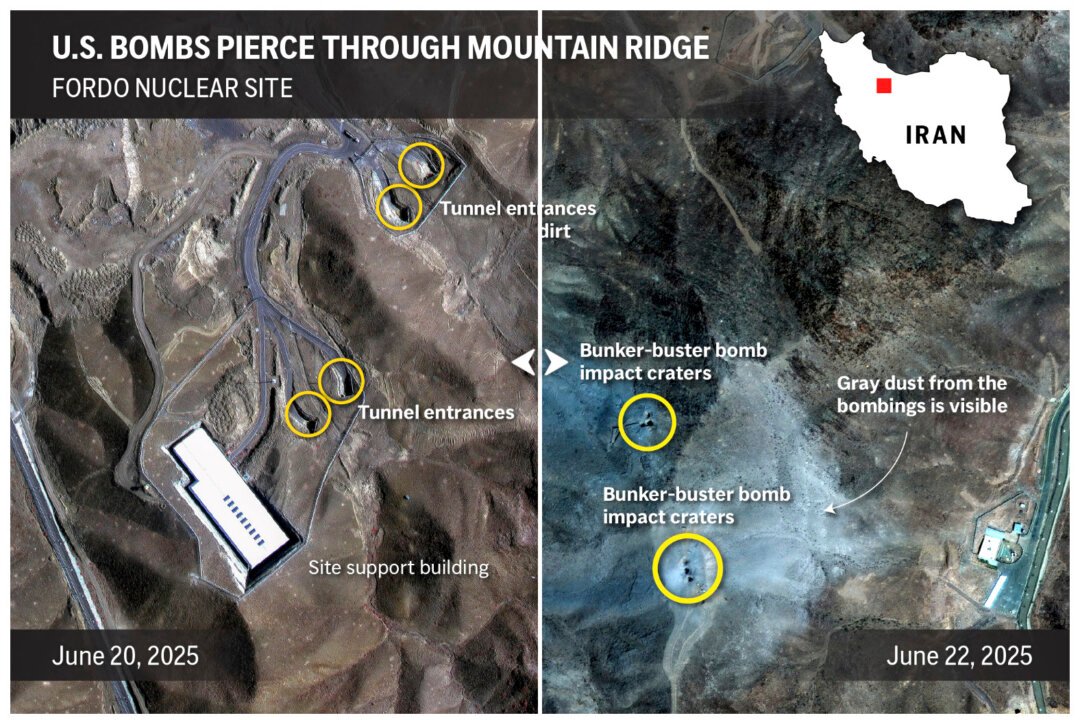
President Trump’s wide-ranging policy overhaul, unprecedented in scale since FDR’s era, is reshaping the American political landscape. This ambitious undertaking touches numerous sectors, from immigration to environmental regulations, and is significantly influencing ongoing US-Canada tariff negotiations.
The administration’s decisive action to curb illegal immigration at the southern border stands as a key example of this sweeping change. Furthermore, a clear rejection of the previous administration’s progressive policies is evident across various domains. This includes measures addressing critical race theory within the military, the inclusion of transgender athletes in women’s sports, hiring and promotion practices, and the rollback of stringent environmental regulations.
These significant policy shifts, while generating considerable debate, are expected to impact the timeline and outcome of the US-Canada tariff negotiations. While the process is anticipated to be lengthy, there is a prevailing sentiment that a positive resolution beneficial to Canada can ultimately be achieved. The extent of this positive outcome, however, remains to be seen and depends heavily on the continued evolution of these broad policy changes.

